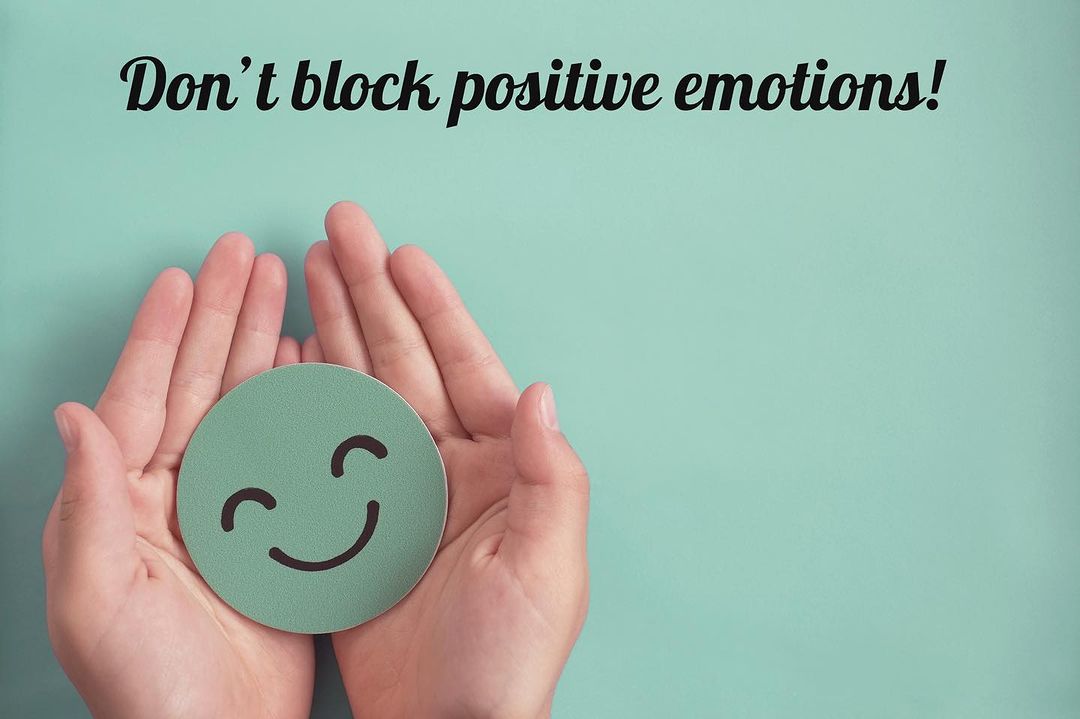
Don’t Block Positive Emotions
Jul 17, 2023Did you know some people avoid positive emotions? Studies show that happiness can cause some to feel ill at ease or distrustful. And, as a result of this discomfort, they tend to block or suppress their positive emotions, rather than fully experience them. This emotion regulation strategy obviously puts a cap on happiness. But it can also increase vulnerability to a variety of psychological problems. In particular, the avoidance of positive emotions has been associated with depression, PTSD, panic disorder, and generalized anxiety disorder.
So, why would anyone avoid positive emotions? Research suggests that some avoidance is fear based and some is motivated by negative beliefs about positive emotions.
Positive emotions are physically activating. Researchers suspect that fear of these arousal-related sensations may contribute to the fear of positive emotions in certain disorders like PTSD and panic disorder.
Alternatively, positive emotions may become associated with threat and disappointment over time if periods of relative happiness are followed by depression. A belief may form that positive emotions are inevitably followed by negative consequences so they should be avoided.
The good news is that the fear of positive emotions can be overcome. Here are some ways:
1. Exposure.
By deliberately encountering positive emotions, surfing them out, and resisting urges to block them, you will eventually develop tolerance of them. Rather than waiting for positive emotions to happen, you can induce them with music or writing about happy times.
2. Positive data log.
Because of the brain’s entrenched negativity bias, there’s a tendency to overlook the positive. By taking the time to deliberately note positive events and experiences, you can re-experience and even amplify the positive emotions.
3. Challenge your negative beliefs.
What we believe about emotions affects how we handle them. DBT provides the information needed to change inaccurate beliefs about emotions, i.e., they’re dangerous. Think about taking a DBT skills group.
Try some of these strategies and you just may find yourself feeling a a little happier.
- 0 Likes

Dr. Lisa Napolitano is an expert in cognitive-behavioral therapy (CBT), dialectical behavior therapy (DBT), and other mindfulness-based treatments. A licensed psychologist in New York and Florida, she is the Founder and Director of CBT/DBT Associates, a boutique psychology practice group. Dr. Napolitano is an expert in the treatment of stress, anxiety, worry, and emotion regulation problems. She has specifically designed her treatment approach for executives, attorneys, and other high-functioning individuals whom she believes shouldn’t have to sacrifice their careers to manage their stress and work on developing their potential.
